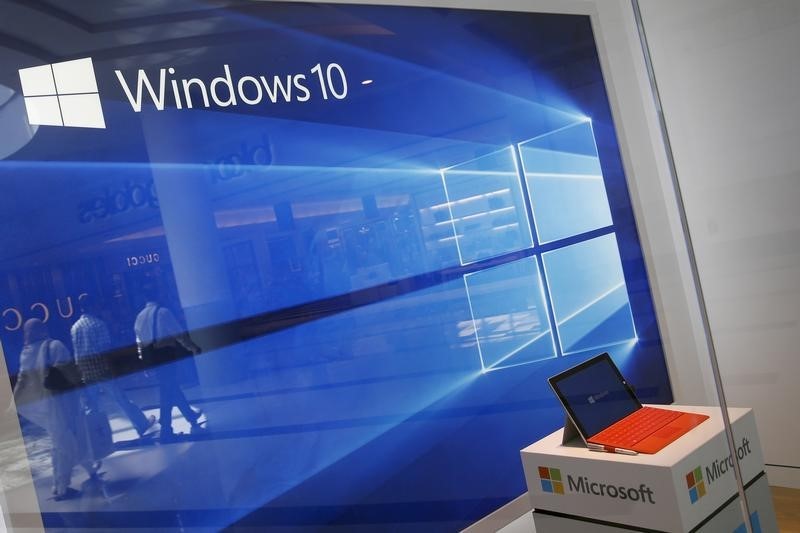Microsoft (NASDAQ:MSFT)'s recent $69 billion acquisition of Activision Blizzard (NASDAQ:ATVI) underlines the trend of Big Tech companies expanding through vertical transactions, a strategy also adopted by Meta (NASDAQ:META), Apple (NASDAQ:AAPL), and Amazon (NASDAQ:AMZN). This comes despite ongoing efforts by the Federal Trade Commission (FTC) and the Justice Department to curtail such deals, with courts often expressing skepticism towards their arguments.
The FTC continues to contest Microsoft's acquisition, voicing concerns that it could lead to the tech giant dominating the game streaming market. As part of the deal, Microsoft has pledged to make one of Activision’s major game franchises available to other consoles for a decade in an effort to alleviate competition concerns.
This presumption in favor of vertical transactions has been entrenched since the late 1970s. However, President Biden’s top antitrust officials, FTC chair Lina Khan and Justice Department's Jonathan Kanter, have been actively challenging vertical mergers since their appointments in 2021.
In 2017, marking its first attempt to halt a vertical deal in decades, the Justice Department sought to block the $85.4 billion merger between AT&T (NYSE:T) and Time Warner. Despite these initiatives, judges frequently dismiss these challenges due to a perceived lack of evidence.
Microsoft also arrived at a settlement with the European Union, vowing to make Activision titles accessible to competitors in the emerging market for game streaming. This follows unsuccessful attempts by Khan's FTC in 2021 to prevent Nvidia (NASDAQ:NVDA)'s acquisition of Arm and Lockheed Martin’s $4.4 billion purchase of Aerojet Rocketdyne Holdings (NYSE:AJRD). The Justice Department's lawsuit against UnitedHealth (NYSE:UNH) Group’s acquisition of Change Healthcare (NASDAQ:CHNG) was similarly dismissed.
This article was generated with the support of AI and reviewed by an editor. For more information see our T&C.
